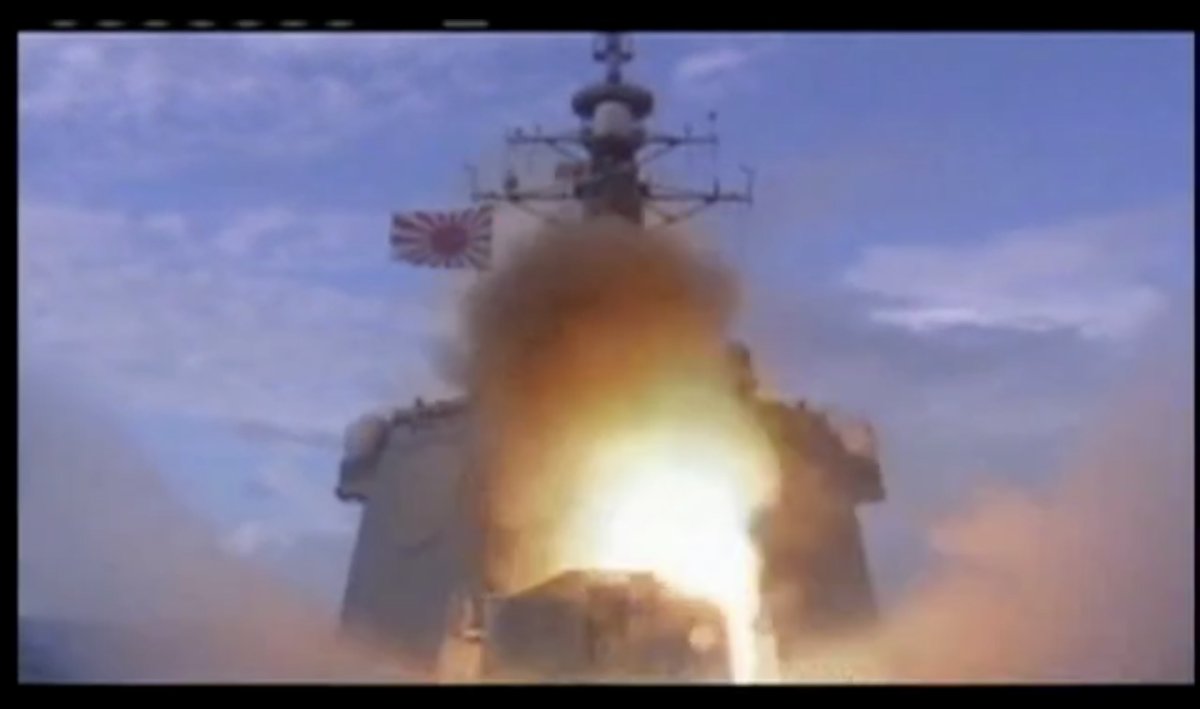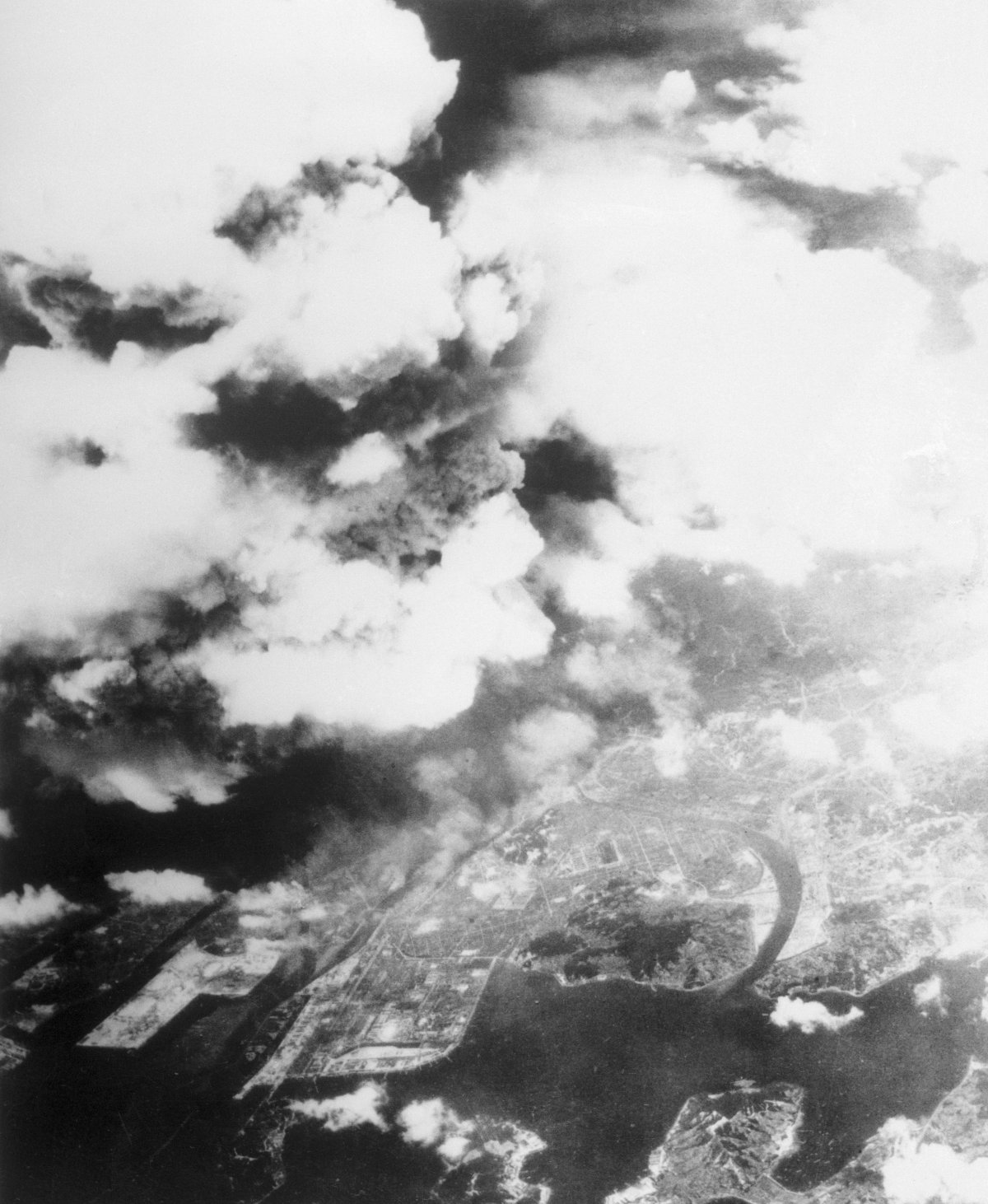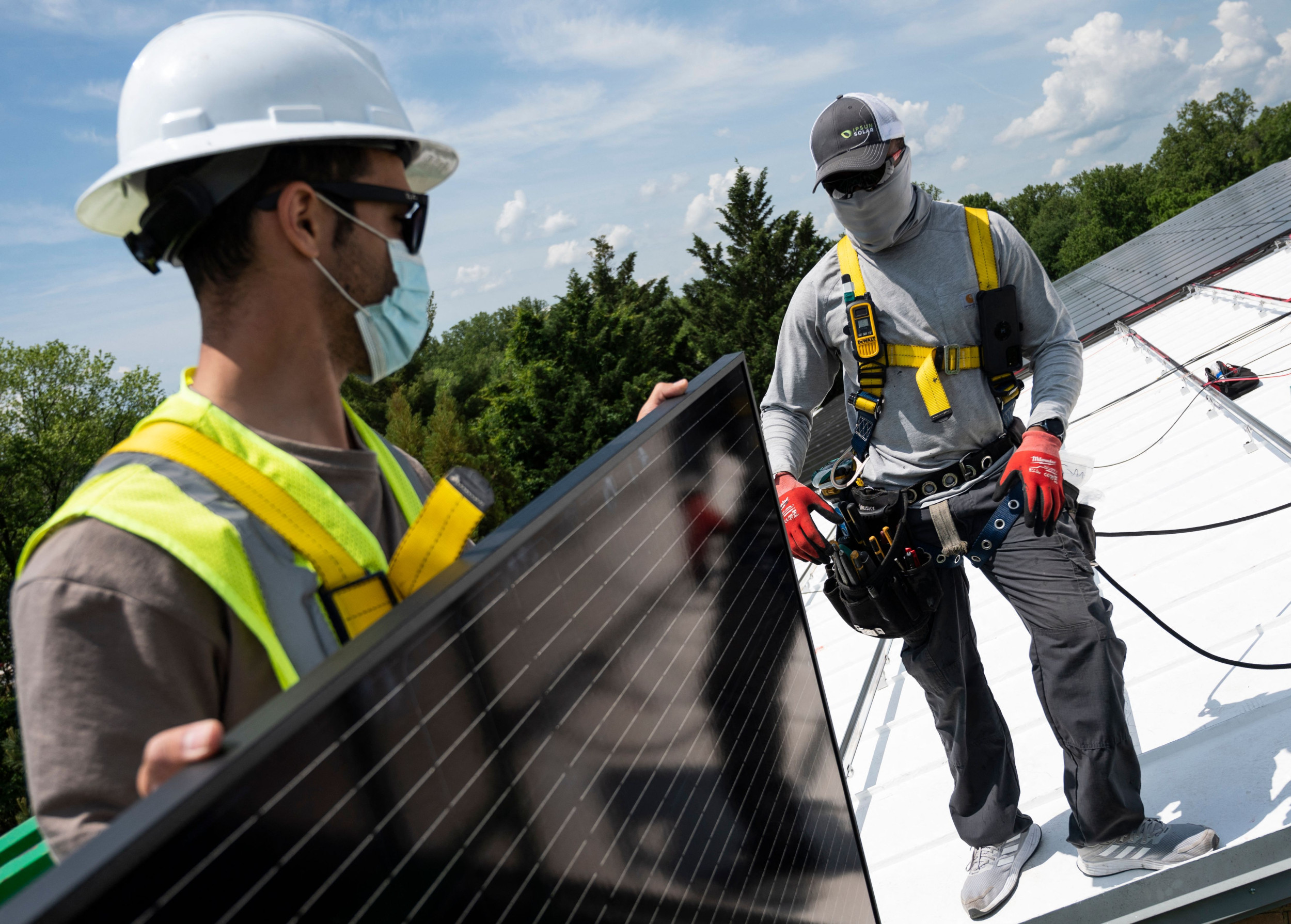Two survivors of the atomic bombings that destroyed the Japanese cities of Hiroshima and Nagasaki are warning that Prime Minister Abe Shinzo's new defense policy strategies could lead the country to disaster.
After a review by his Liberal Democratic Party supported the acquisition of weapons to take out enemy missile sites, Abe announced last week that "new measures are needed to improve deterrence under the concept of adherence to exclusively defense-oriented policy, within the limits of the constitution and in compliance with international law, and while maintaining the basic division of roles between Japan and the United States."
"This is precisely the role of the government: to protect the lives of the people and to preserve the peaceful lives of the people. The government has been discussing this issue thoroughly at the National Security Council," he added. "We will take these recommendations into account, and we intend to take a new direction and implement it swiftly."
The following day, Chief Cabinet Secretary Suga confirmed that the government intended to accept the new recommendations, while at the same time would continue to engage in the wider defense debate.
The developments follow the government's decision to cancel plans to deploy the U.S.-built Aegis Ashore missile defense system, demonstrating the hardships the Abe administration still faces in expanding the scope of Japan's military infrastructure. Still, the leader has managed to improve the country's defenses through other systems, deploy the country's first aircraft carrier in 75 years and continues to raise the possibility of other capabilities as a wider, burgeoning Indo-Pacific military alliance emerges alongside the United States, Australia and India.
But two survivors of the World War II atomic bomb warned Japan risked betraying lessons learned from its history and once again falling into the trap of unnecessary war.
Setsuko Thurlow of Toronto said she was "furious." Thurlow, now 88, was 13 when her native Hiroshima was devastated by the first-ever atomic bombing and she now serves as leading anti-nuclear activist, speaking for the International Campaign to Abolish Nuclear Weapons.
"It beggars belief that Prime Minister Abe offers such a hawkish response to security in the 21st century," Thurlow told Newsweek. "I don't know if he is simply trying to gauge the public's response with this provocation or if he actually believes that Japan should acquire an active military to respond to tensions with China and Korea."

Thurlow told Newsweek that "Japan has been pressured by American militarism" and argued that the country's efforts would be better directed toward improving relations with China and the Korean Peninsula, and recognizing World War II-era misdeeds.
"Instead of confronting its own atrocities in World War II, the Japanese Government thinks of developing offensive weapons. This is intolerable," Thurlow said.
Tanaka Terumi, who was also 13 years old when a U.S. warplane dropped an atomic bomb while he was living in Nagasaki, told Newsweek "there is absolutely no justification for this."
"The spirit of the Japanese constitution renounces military force according to its Article 9," he said. "'Base attack capability' means attacking the territory of other countries, which is contrary to the existing exclusively defense posture. This is a clear violation of the constitution."
"It must be said that those who consider these policies are completely ignorant of World War II and Japan's initiation and defeat," he added. "If the right of self-defense is exercised as 'offense is the best defense' it would recklessly lead us to a war."
The U.S.-imposed Japanese constitution written after the devastating blasts 75 years ago prohibits the establishment of a conventional military. But the modern realities of the Asia-Pacific have presented new regional security challenges that fuel an intense debate over what it means for Japan to acquire the capabilities needed to defend itself without overstepping the bounds of its pacifist identity.

Abe has set out to revise the constitution to expand Japan's warfighting capabilities. He has so far been unable to revise Article 9 that restricts the armed forces, but has pushed for offensive abilities to counter direct threats from North Korea and an increasingly powerful China, which continues to challenge Japanese claims to the disputed Pinnacle Islands.
Nagasaki Mayor Taue Tomihisa spoke at a press conference organized by the Foreign Press Center Japan to condemn nuclear weapons last week and spoke at a ceremony over the weekend to highlight the calls of the surviving hibakusha community—those like Thurlow and Tanaka who survived the 1945 atomic bombings—to abolish nuclear weapons around the world.
"Just why is it that we humans are still unable to rid ourselves of nuclear weapons? Are we truly unable to abandon these dreadful weapons that so cruelly take lives without even allowing for dignified deaths and force people to suffer for entire lifetimes as a result of radiation?" Taue asked in his address.
While Japan is not one of the nine nations believed to possess nuclear weapons, its alliance with the U.S. places it under the Pentagon's nuclear umbrella in a strategic part of the world that has increasingly become a focus of geopolitical tensions.
Uncommon Knowledge
Newsweek is committed to challenging conventional wisdom and finding connections in the search for common ground.
Newsweek is committed to challenging conventional wisdom and finding connections in the search for common ground.
About the writer
Based in his hometown of Staten Island, New York City, Tom O'Connor is an award-winning Senior Writer of Foreign Policy ... Read more
To read how Newsweek uses AI as a newsroom tool, Click here.








